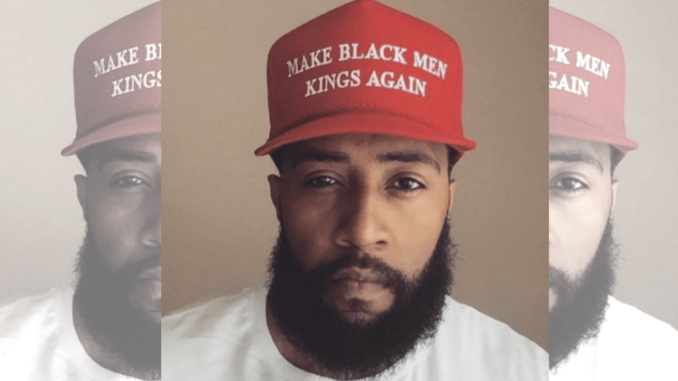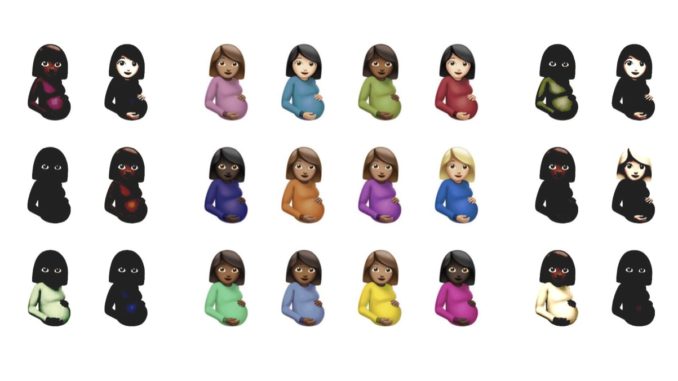
In today’s African American community there is a small segment of brothers who greet each other as kings. For example, one would say, “What’s Up King? or “Peace King”. The royal reference prompted me to ask, “Are black men really kings?”
To understand the question, one would have to know the definition of a king. Dictionary.com defines a king as “a male sovereign or monarch; a man who holds by life tenure, and usually by hereditary right, the chief authority over a country and people; a person or thing preeminent in its class.”
One word stood out to me within this definition more than any other and that word was “preeminent.” To further understand what a king is, I looked up the definition of preeminent and it says, “surpassing all others; very distinguished in some way.”
So, the question is whether this describes us as black men? Are we the preeminent figure of our race? This is not an article to put down black men because I, too, am a black man and I love my brothers dearly. I am writing this article to create a discourse among my brothers to see what we can do better to actually earn the title “King.”
Let us dive deeper through religion, education, and entrepreneurship to see where we stand as this preeminent figure in our community compared to our queens.
Religion and spirituality have been a part of African and African American culture since the beginning of time. During the biblical times, the Israelites were Africans praying to God for a Messiah.
During the atrocities of slavery and the Civil Rights Movement in America, African Americans never lost their faith and actually used the church to organize and strategize to make the communities better.
However, in today’s society according to Pew Research Center in a 2018 article, 80% of women attend church while only 69% of men do. The spiritual belief in God is dominated by women as well by 86% compared to 78% of men.
We’re used to the phrase “Knowledge is power,” but a wiser version would be “Knowledge is POTENTIAL power” because if you don’t use it what is it good for, which makes great sense.
One way that many of us gain knowledge is by obtaining a higher education. According to a Factsheets report from PNPI.org released June 2020, 41% of black women attend higher education institutions, while only 33% of black men do.
The enrollment of black men at Historically Black Colleges and Universities (HBCUs) are not that much better. The National Center for Education Statistics report that, “Female enrollment has been higher than male enrollment in EVERY year since 1976.” In Fall 2018, the enrollment of females in HBCUs was a whopping 62%.
The days of obtaining an education to land a good job is becoming a thing of the past. More and more people are turning to entrepreneurship with the accessibility of DIY online production, distribution and marketing tools thanks to social media and affordable business-to-business platforms.
This is very true as it pertains to the African American community. However, the number of firms owned by black women from 2007 to 2018 rose 164% with the development of 2.4 million female-led, black-owned businesses in 2018, according to the 2018 State of Women-Owned Business Report.
The Federal Reserves stated that “Black women are the only racial or ethnic group with more business ownership than their male peers.”
After looking at these three key categories, religion, education and business, this is a wakeup call and a call to action for us brothers. Indeed, black women should be congratulated and celebrated for the strides they have made in society, especially this one. With that said, I’m not trying to take anything away from brothers, but these statistics show that there is a lot of room for improvement.
We, as black men, need discourse among ourselves and input from our sisters to help us level up. When we start to move together and rebuild with each other we don’t have to depend on others to fix the situations that have plagued our communities for centuries.
As black men we used to be at the forefront of many movements for our people. I don’t know when that changed, but we cannot argue with the numbers. We got work to do gentlemen, the time is now, let us earn the title “King” with our actions and not just use the terminology to promote positivity. Accountability is needed now more than ever.
Guest Editorial



